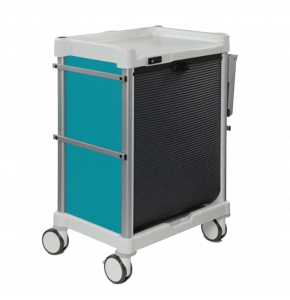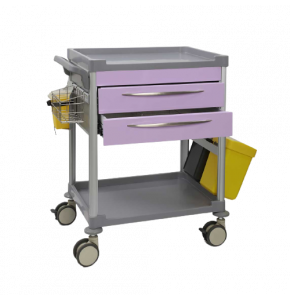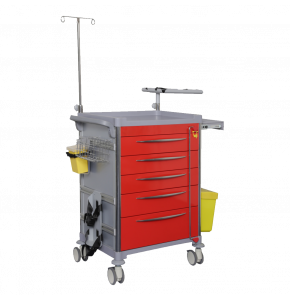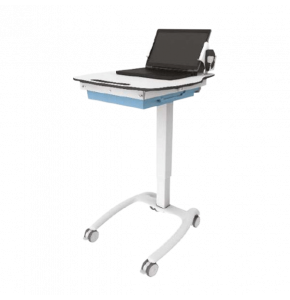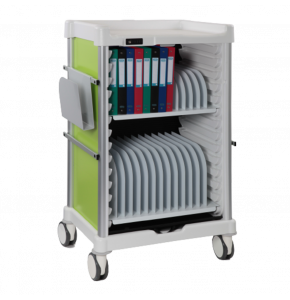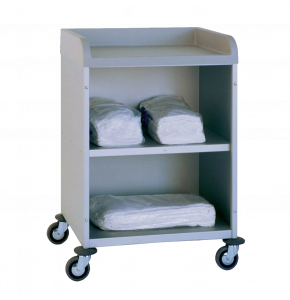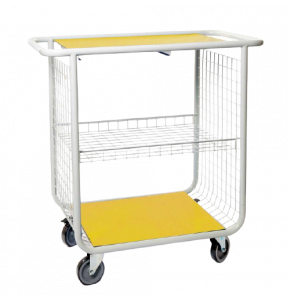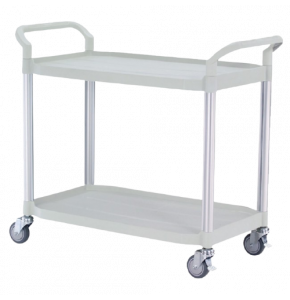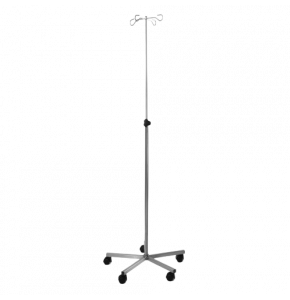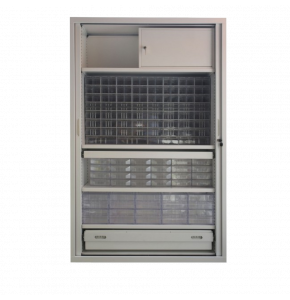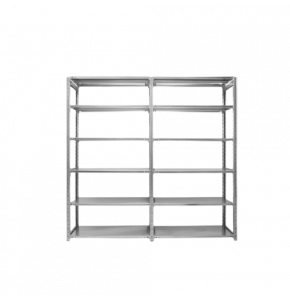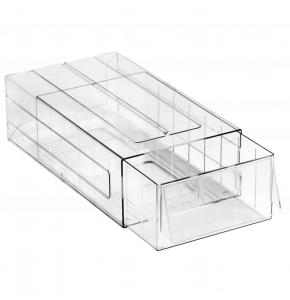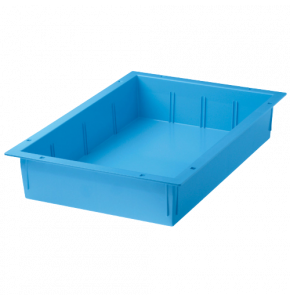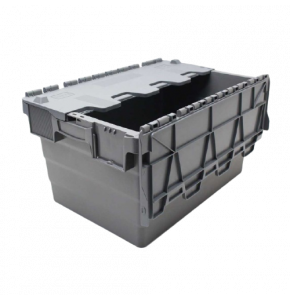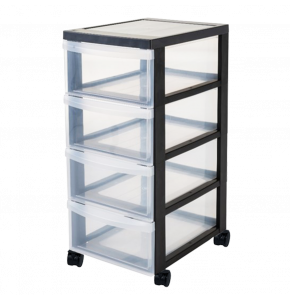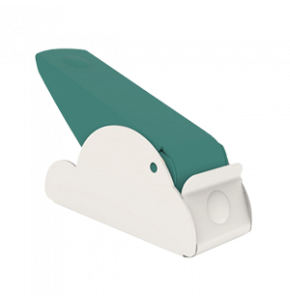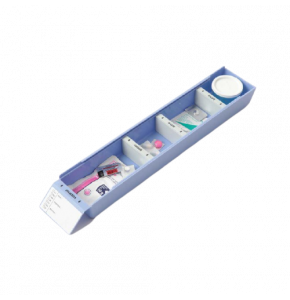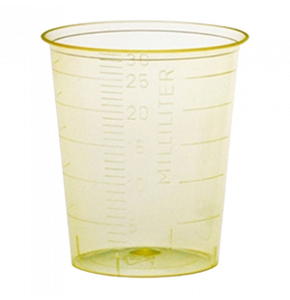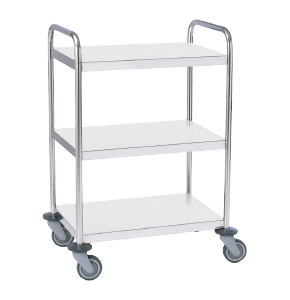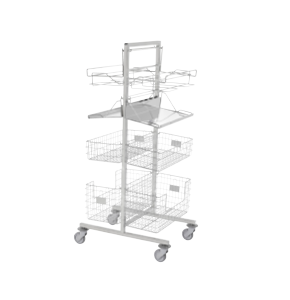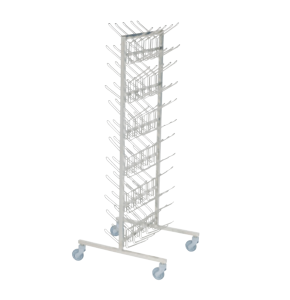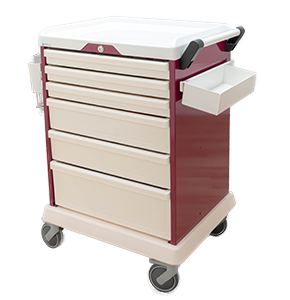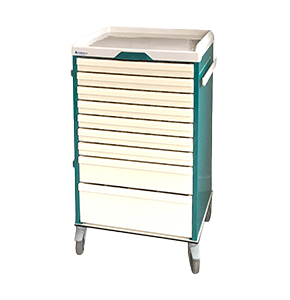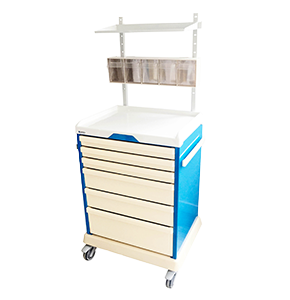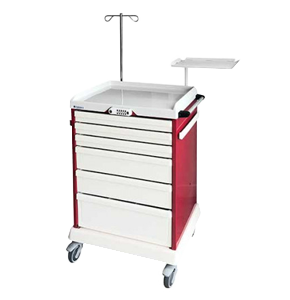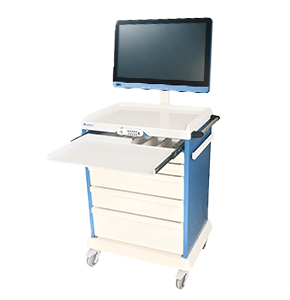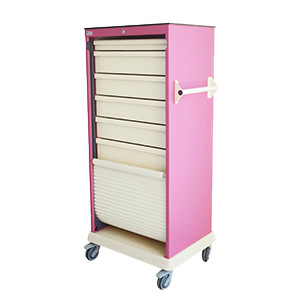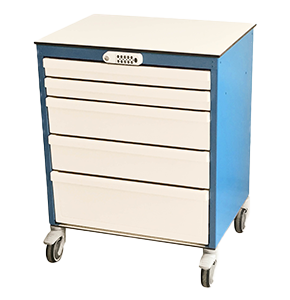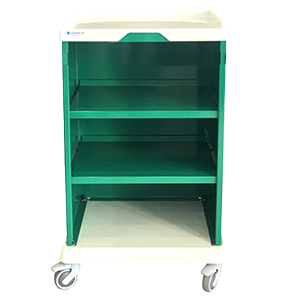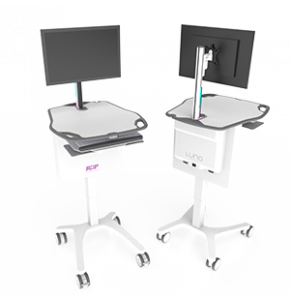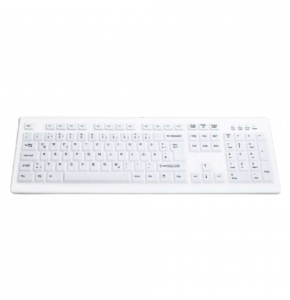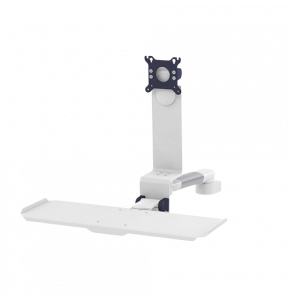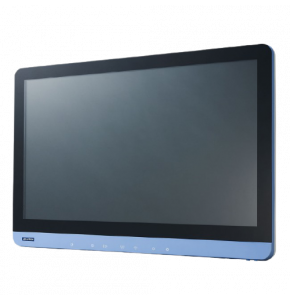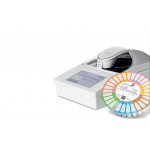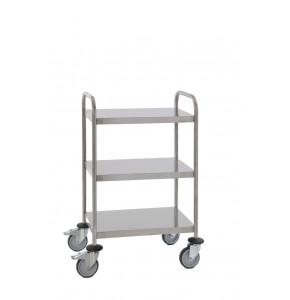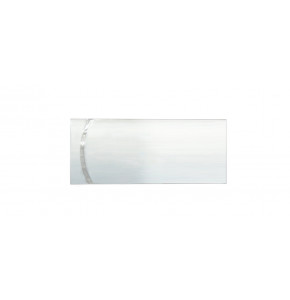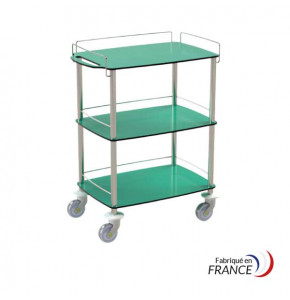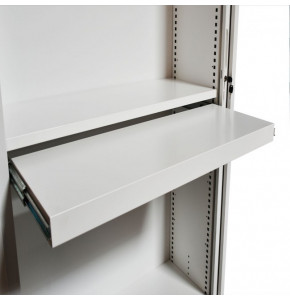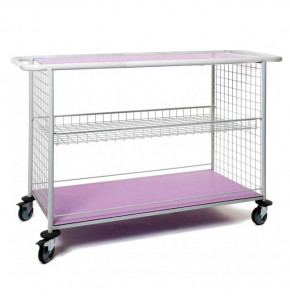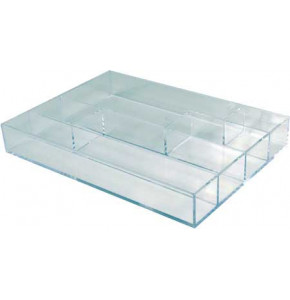For or against the crushing of medicines?
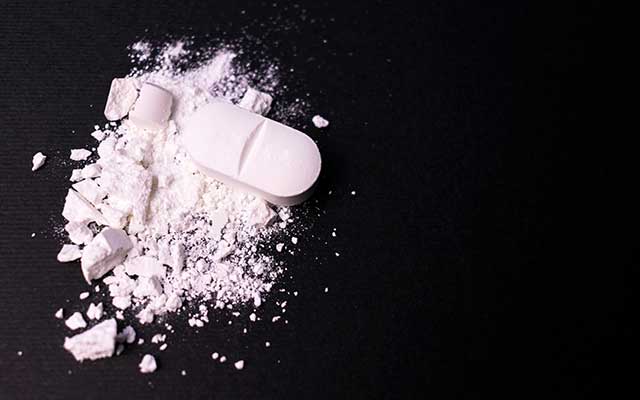
For several months now, there has been an increase in the number of articles on the Internet and in the written press dealing with drug crushers. In most of these articles, specialists explain that crushing medicines can harm the therapeutic effects of the solutions. In particular, they point out that the shape of the medicine is not chosen in a trivial way.
In fact, the shape has been designed to enable them to resist the gastric acids in the stomach. In this way, they retain their active ingredients for hours after being swallowed.
At first sight, specialists are against the use of medicine grinders, which they find inappropriate, and to be more precise, we can even add misused by the nursing staff. Experts point out that carers tend to grind medicines into a fine powder and mix them with food such as compote or puree. In this way, it is true that it is easier to get patients to swallow the medicines. But at what cost?
In hospital, elderly people often have difficulty swallowing large tablets that they feel are too big. This includes Dolipranne tablets. Powdering them makes them easier for patients to absorb. However, mixing them with food reduces their effectiveness. Not all medicines are designed to be mixed, their active effects are altered when mixed.
It is important to consider that not all medicines are the same, their effects on the body are different.
It is important to consider that not all medicines are the same, their effects on the body are different. Some of them are designed to be crushed and mixed with food. Therefore, we should not put them all in the same bag.
In my opinion, the term "mixing" needs to be clarified. In health care facilities, the nursing staff when grinding and mixing the medicines with neutral foods such as "normal" water or jellied water. These waters do not denature the medicines and facilitate the absorption of the medicines by the patients. It is therefore preferable to use these foods as opposed to the fruit compotes found in our homes.
As some professionals say, not all medicines are suitable for crushing. For example, it is highly, if not totally, inadvisable to grind a capsule into a powder. The membrane surrounding the medicine is designed to resist stomach acids for hours. As a result, the drug remains effective for hours in the body.
Nowadays, the question of crushing medicines is not really an issue. Specialised sites such as the Observatoire du médicament provide a complete list of medicines that can be crushed and mixed with other products. This information is also available on the package inserts and boxes of medicines.
In conclusion, it can be said that banning crushers is not necessarily a solution. Instead, it would be interesting to warn users about good practice with medicines and shredders. Training might be seen as overzealous, but it would still be useful.
 Francais
Francais 
 Cart
Cart Quote
Quote